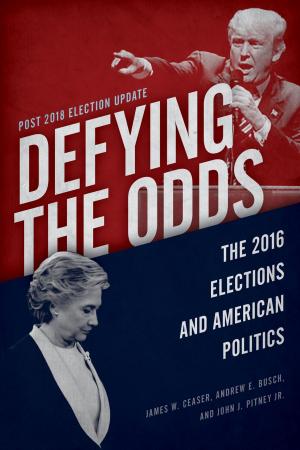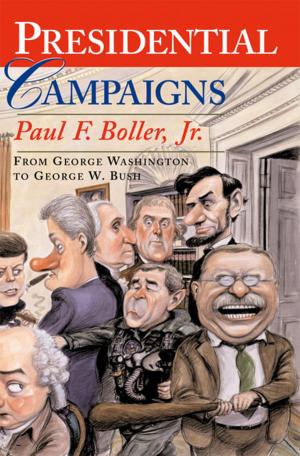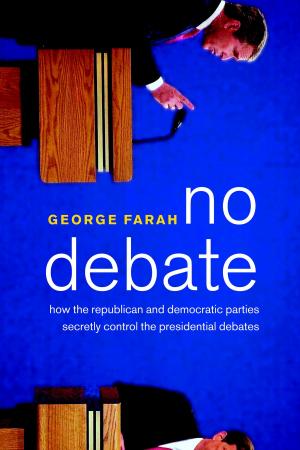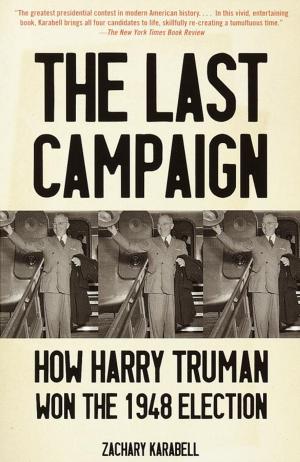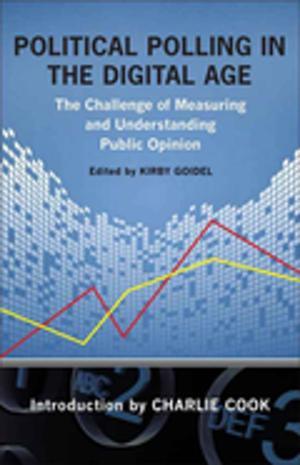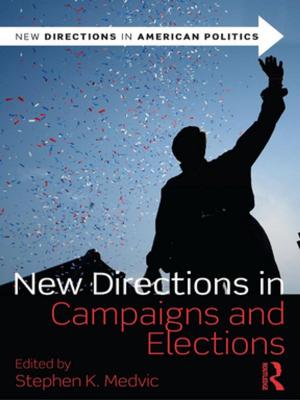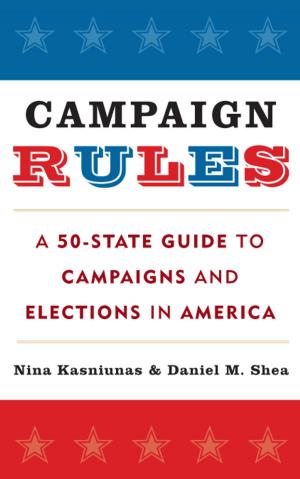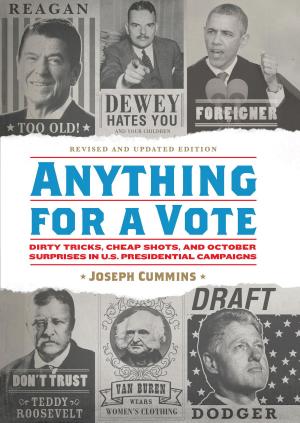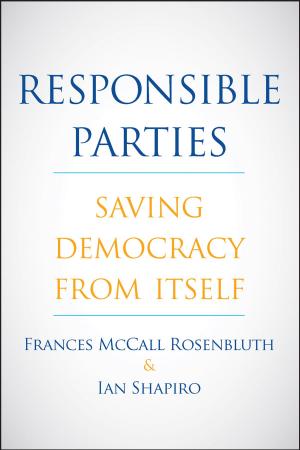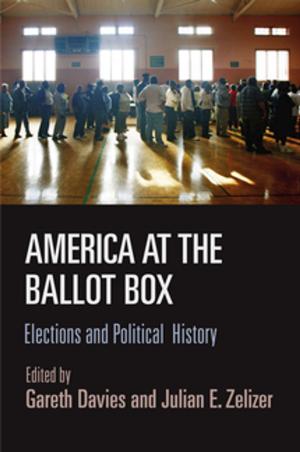When Money Speaks
The McCutcheon Decision, Campaign Finance Laws, and the First Amendment
Nonfiction, Social & Cultural Studies, Current Events, Political Science, Government, Local Government, Elections| Author: | Ronald K.L. Collins and David M. Skover | ISBN: | 9781938938146 |
| Publisher: | Top Five Books | Publication: | April 3, 2014 |
| Imprint: | Language: | English |
| Author: | Ronald K.L. Collins and David M. Skover |
| ISBN: | 9781938938146 |
| Publisher: | Top Five Books |
| Publication: | April 3, 2014 |
| Imprint: | |
| Language: | English |
“A brilliant discussion of campaign finance in America…a must for all who care about the American political system.” —Erwin Chemerinsky
“Thorough, dispassionate, and immensely readable.” —Floyd Abrams
On April 2, 2014, the U.S. Supreme Court struck down aggregate limits on how much money individuals could contribute to political candidates, parties, and committees. The McCutcheon v. FEC decision fundamentally changes how people (and corporations, thanks to Citizens United) can fund campaigns, opening the floodgates for millions of dollars in new spending, which had been curtailed by campaign finance laws going back to the early 1970s.
When Money Speaks is the definitive—and the first—book to explain and dissect the Supreme Court’s controversial ruling in McCutcheon, including analysis of the tumultuous history of campaign finance law in the U.S. and the new legal and political repercussions likely to be felt from the Court’s decision.
McCutcheon has been billed as “the sequel to Citizens United,” the decision giving corporations the same rights as individuals to contribute to political campaigns. Lauded by the Right as a victory for free speech, and condemned by the Left as handing the keys of our government to the rich and powerful, the Court’s ruling has inflamed a debate that is not going to go away anytime soon, with demands for new laws and even a constitutional amendment on the Left—while many on the Right (including Justice Clarence Thomas in his concurring opinion) call for an end to all contribution limits. Two of the nation’s top First Amendment scholars—Ronald Collins and David Skover—have produced a highly engaging, incisive account of the case, including exclusive interviews with petitioner Shaun McCutcheon and other key players, as well as an eye-opening history of campaign finance law in the U.S.
“A brilliant discussion of campaign finance in America…a must for all who care about the American political system.” —Erwin Chemerinsky
“Thorough, dispassionate, and immensely readable.” —Floyd Abrams
On April 2, 2014, the U.S. Supreme Court struck down aggregate limits on how much money individuals could contribute to political candidates, parties, and committees. The McCutcheon v. FEC decision fundamentally changes how people (and corporations, thanks to Citizens United) can fund campaigns, opening the floodgates for millions of dollars in new spending, which had been curtailed by campaign finance laws going back to the early 1970s.
When Money Speaks is the definitive—and the first—book to explain and dissect the Supreme Court’s controversial ruling in McCutcheon, including analysis of the tumultuous history of campaign finance law in the U.S. and the new legal and political repercussions likely to be felt from the Court’s decision.
McCutcheon has been billed as “the sequel to Citizens United,” the decision giving corporations the same rights as individuals to contribute to political campaigns. Lauded by the Right as a victory for free speech, and condemned by the Left as handing the keys of our government to the rich and powerful, the Court’s ruling has inflamed a debate that is not going to go away anytime soon, with demands for new laws and even a constitutional amendment on the Left—while many on the Right (including Justice Clarence Thomas in his concurring opinion) call for an end to all contribution limits. Two of the nation’s top First Amendment scholars—Ronald Collins and David Skover—have produced a highly engaging, incisive account of the case, including exclusive interviews with petitioner Shaun McCutcheon and other key players, as well as an eye-opening history of campaign finance law in the U.S.



